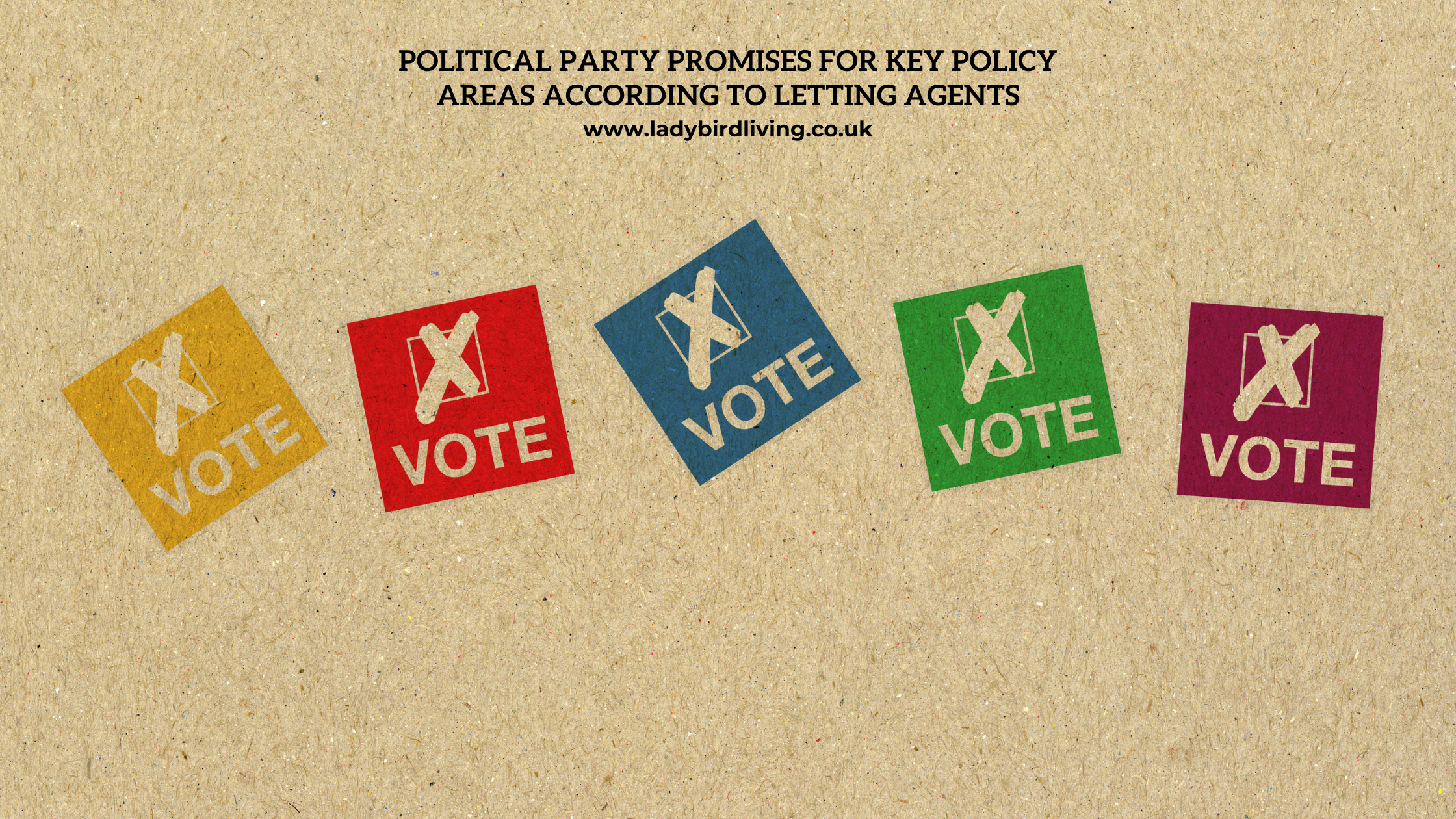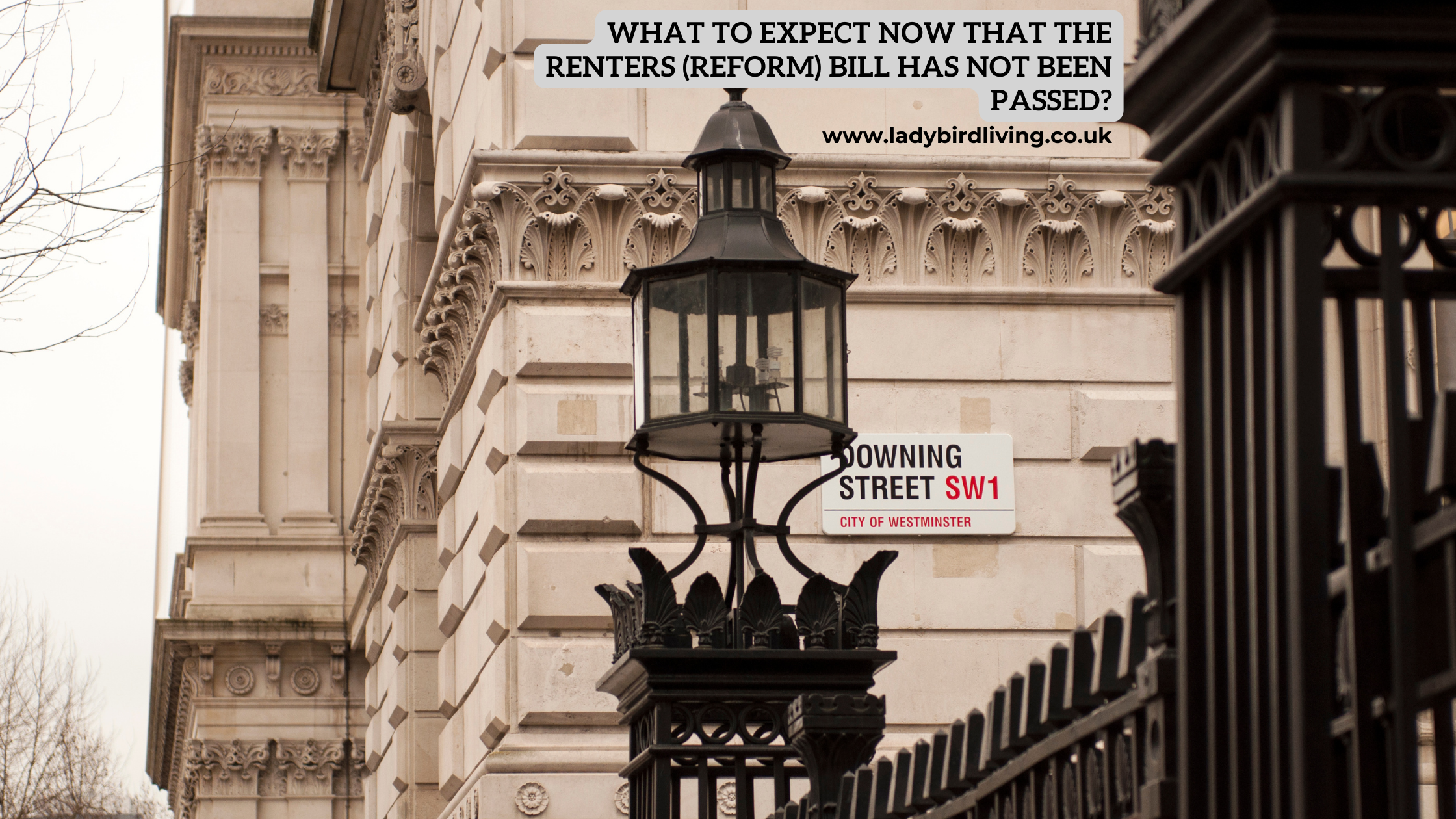
Inheritance Tax Bill and property: tips for reducing your Inheritance Tax Bill
A considerable proportion of the population do not plan for what happens to their property after they pass away. An issue that families or friends may encounter after the death of a loved one is the ‘Inheritance tax bill.’ Inheritance tax is applied to the funds in an individual’s estate, which include the property, savings and investments that are left behind when someone passes away.
In general, married couples can pass their property to each other tax-free, but there are certain circumstances which would require partners or family members to pay the Inheritance Tax Bill. If an individual’s assets are below £325,000, then loved ones would not have to pay any inheritance tax; however, if the assets are worth more than £325,000, then they would have to pay 40% on anything above this amount.
There are a variety of ways to reduce the Inheritance Tax Bill such as utilising tax-free allowances, making gifts and setting up a trust. In this blog, we will explore the diverse ways in which you can reduce the inheritance tax bill.
How do you reduce the Inheritance Tax Bill?
1. Make a gift to your partner or friends and family
If you choose to give friends or other relatives your property as a gift, then you must gift it outright so that you will not have any benefit from it. The value of this gift will still be included as part of the Inheritance Tax Bill but only for a period of 7 years – after 7 years, it would be excluded from the total and therefore would not be taxed. It is important to note that you can only gift a restricted amount each year of up to only £3,000 per year.
If you choose to give your partner any property you own, then they usually would not have to pay any inheritance tax. However, it can be complicated if your partner was born outside of the UK or has permanently moved out of the UK.
Furthermore, weddings are another way to gift cash sums. For instance, parents can give their children up to £5,000 and £2,500 to grandchildren. A major advantage of these gifts is that they will be free from Inheritance tax.
2. Charitable gifts
If all your estate is given to charity, there will be no need to pay inheritance tax. However, most individuals only want to donate a portion of their estate to charities and the rest to families and friends. A major advantage of donating to charitable organisations is that if you donate 10% or more of your estate, the amount that your friends and family must pay on the remaining of your estate will decrease significantly. This is because the Inheritance Tax Bill will be calculated at 36% instead of 40% if a portion is donated to charity.
3. Set up a trust
Another way that you can reduce the Inheritance Tax Bill on property is to set up a trust. A trust is a legal arrangement which allows you to give permission to someone to look after your money, property, or investment for the benefit of a third party. Anything that you put into the trust will no longer belong to you.
Conclusion:
Inheritance tax planning can be a challenging process and one that we do not think about early on in our lives. Regulations regarding the Inheritance Tax Bill are constantly changing which can make this process even more difficult. If you are still unsure about the potential effects of this bill on the future of your loved ones and how to reduce the financial burden, it is recommended that you contact a solicitor or financial advisor who can provide professional guidance and advice on this matter.
Disclaimer: the above are guidelines only – it is essential that you seek advice from a professional to discuss this in more detail with you.
T +44 (0)203 488 1488
E: info@ladybirdliving.co.uk
W: https://www.ladybirdliving.co.uk/
Recent Posts






